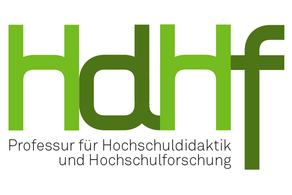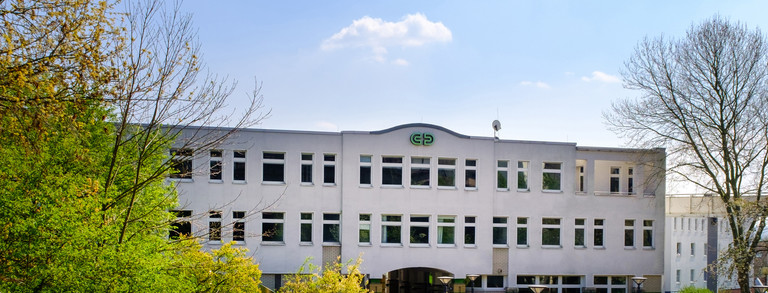Points to take into account while writing your master’s thesis
General
The topics you can choose for a master’s thesis should be highly relevant for practice and policy and the thesis should to be empirically grounded.
Process of a master’s thesis
- Discuss a possible topic with Prof. Liudvika Leišytė.
- Write a 2-page proposal (incl. title, table of contents and timeline of the thesis).
- Get approval for this by Prof. Leišytė.
- Prof. Leišytė will write a letter to the Central Examinations Office to declare that she will be your supervisor.
- Write the thesis: in the process, make sure to send the questionnaire for surveys or interview schedules to Prof. Leišytė to get approval before you start your empirical work.
- Submit your thesis to the Section Central Examinations Office, Dez. 4.3.
Type and time frame of the master’s thesis
- Generally, all theses at the Professorship are empirical (i.e. the self-organized collection and analysis of data is part of every thesis). This type of thesis has a time frame of 26 weeks (for details see the Prüfungsordnung).
- In exceptional cases, theoretical theses are accepted. The specific topic must then be discussed and agreed on with Prof. Liudvika Leišytė. The time frame for this type of thesis is only 17 weeks.
The time frame (count of weeks) starts with the registration of your topic (letter from Prof. Leišytė to the Central Examinations Office).
Topic of the thesis
The topic you choose should relate to the main research fields of the Professorship of Higher Education.
Possible Topics:
Governance
- Innovation through organizational learning
- Stakeholder representation and characteristics in the boards of universities
- Promotion of collaboration at German universities: policies and practices
- Changing governance of universities and implications of this for their performance
- The implementation of gender policies in German universities
- Characteristics and challenges of an inclusive professional organization
Academic entrepreneurship
- Policies of German universities to promote spin off creation in Germany
- The characteristics of founders of new high tech ventures in Germany
- Motivations of academic entrepreneurs to patent
- Gender and entrepreneurship: evidence from patenting activities
Academic profession and managerialism
- The role of new public management on publication behaviour of academics
- The role of performance based systems on grant acquisition of academics
- Gender in academia: what are the gender differences in academic productivity?
- Challenges of integration of foreign knowledge workers in Germany
Preconditions
Master’s theses at the Professorship of Higher Education are accepted according to certain preconditions and according to capacities of scientific staff:
- Bachelor’s degree
- Successful completion of two seminars of the Professorship of Higher Education
- Parallel to master’s thesis: Participation in the Research Colloquium of the Professorship
For theses in the Master WiWi as well as the exam regulations (Prüfungsordnung) see:
WiWi: Master of Science





